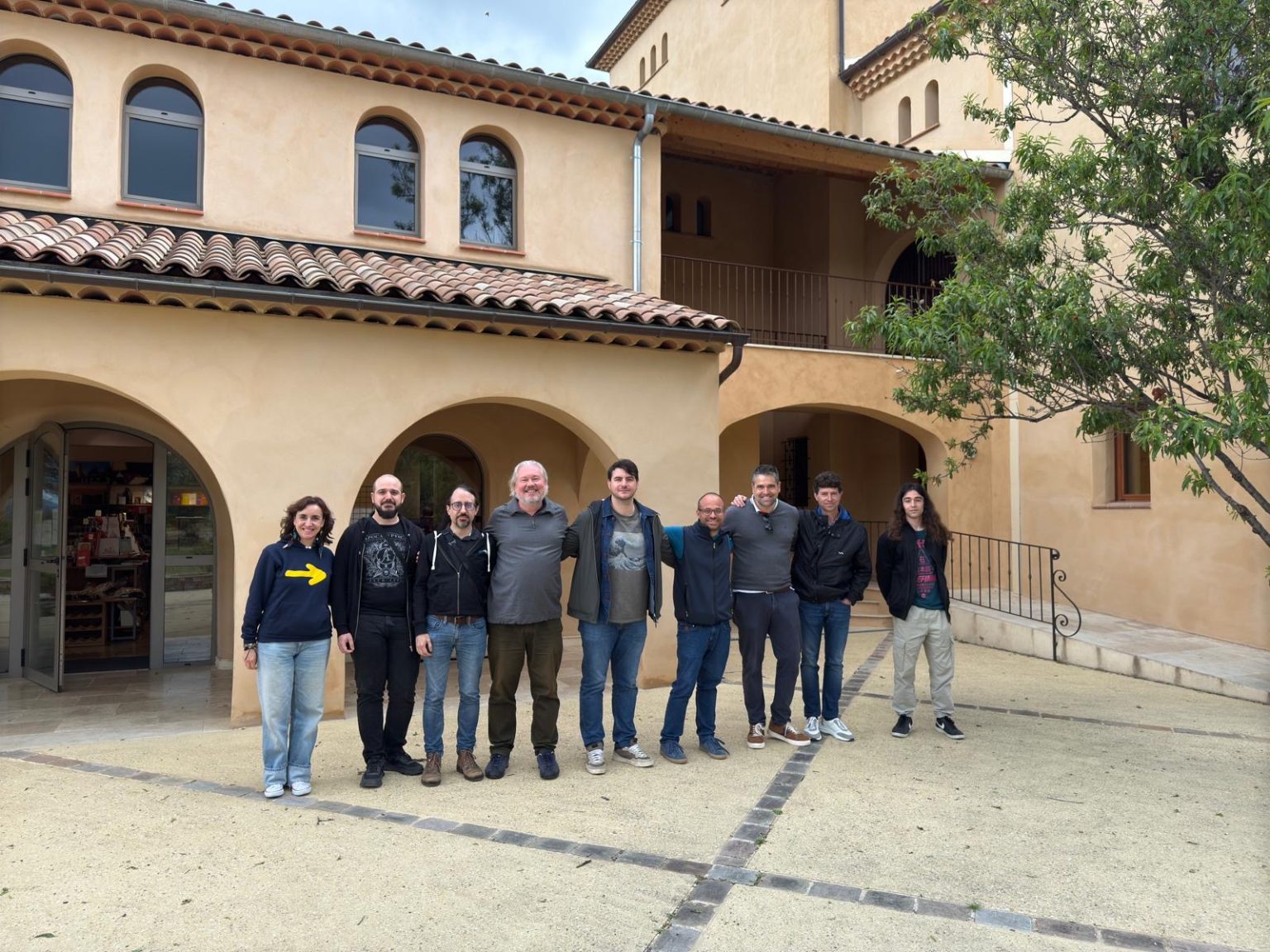Funded by the European Union under the Horizon programme, REPERTORIUM (Researching and Encouraging the Promulgation of European Repertory through Technologies Operating on Records Interrelated Utilising Machines) aims to transform access to Europe’s vast and underexplored musical repertories using digital technologies and artificial intelligence.
The 2025 General Assembly of the REPERTORIUM project took place on 15–16 May in Jouques, France, bringing together a dynamic consortium of researchers, technologists, and cultural partners to assess progress, refine strategies, and plan the next phase of this ambitious Horizon Europe initiative.
Structured Collaboration Across Work Packages
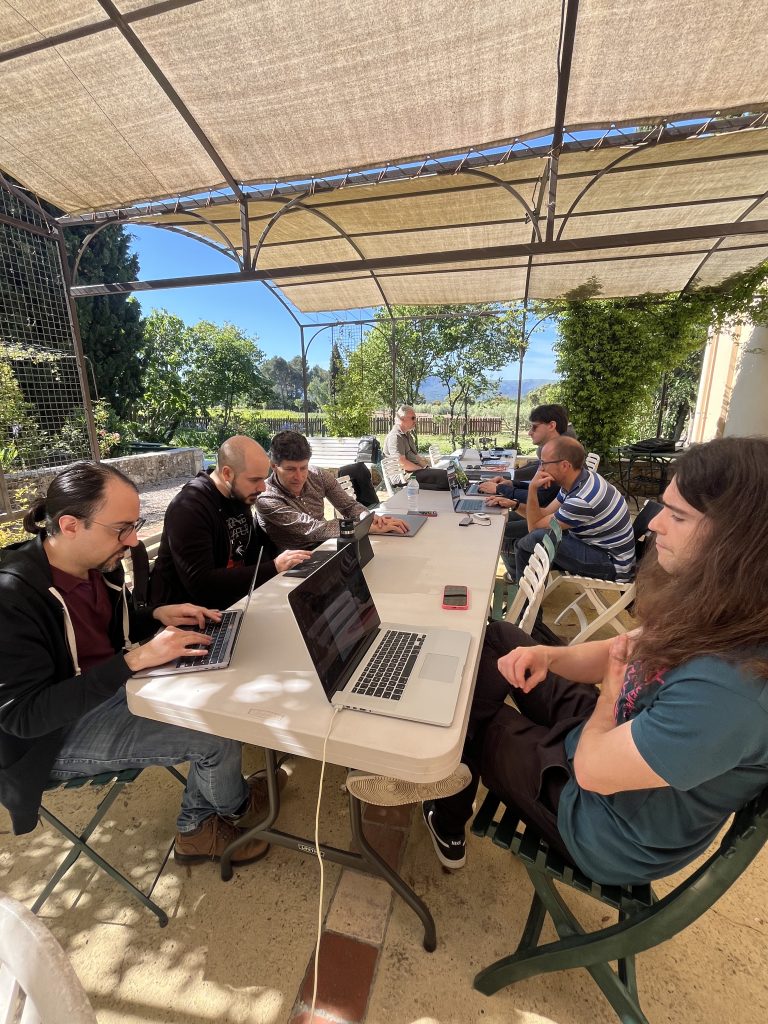
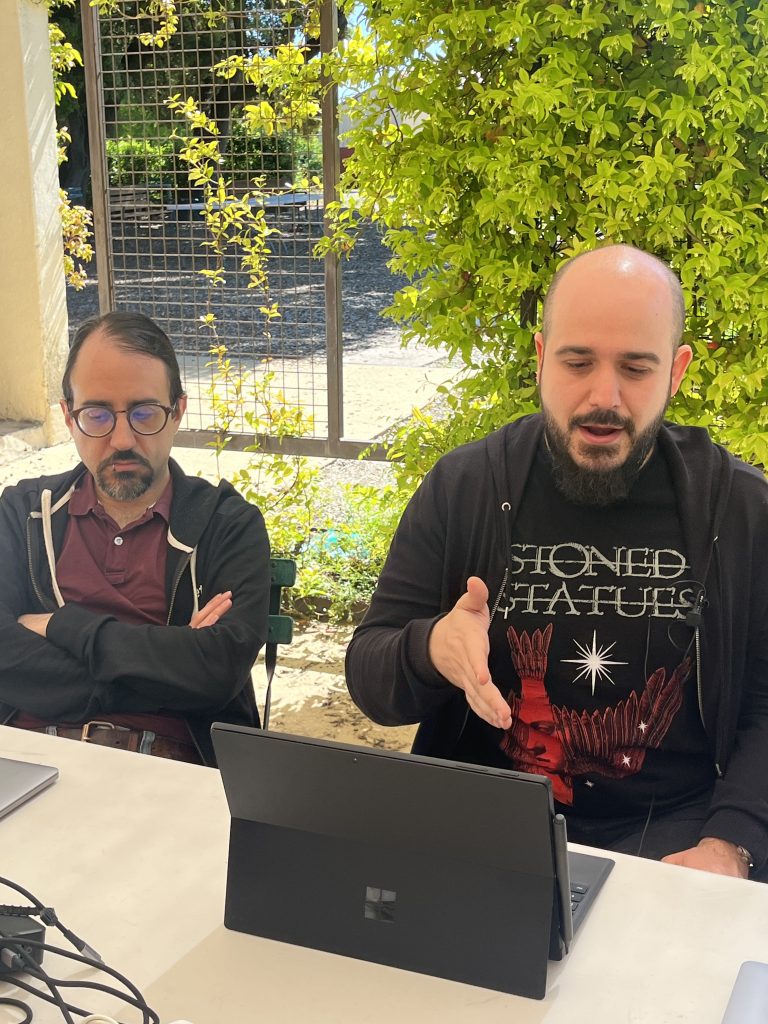
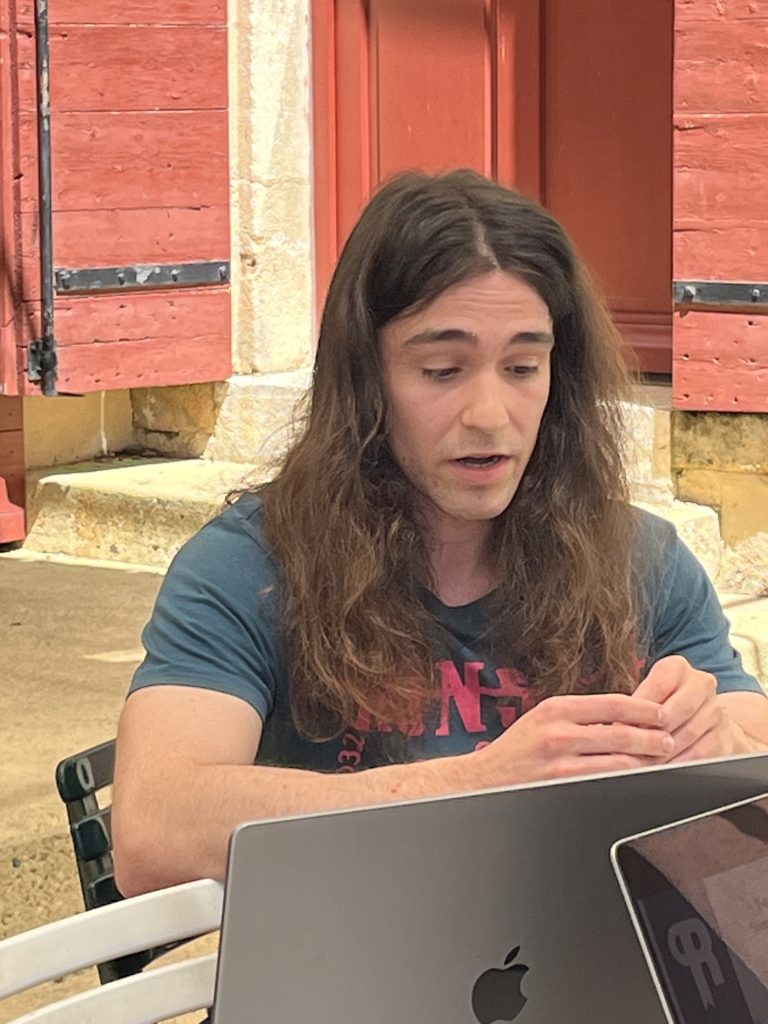
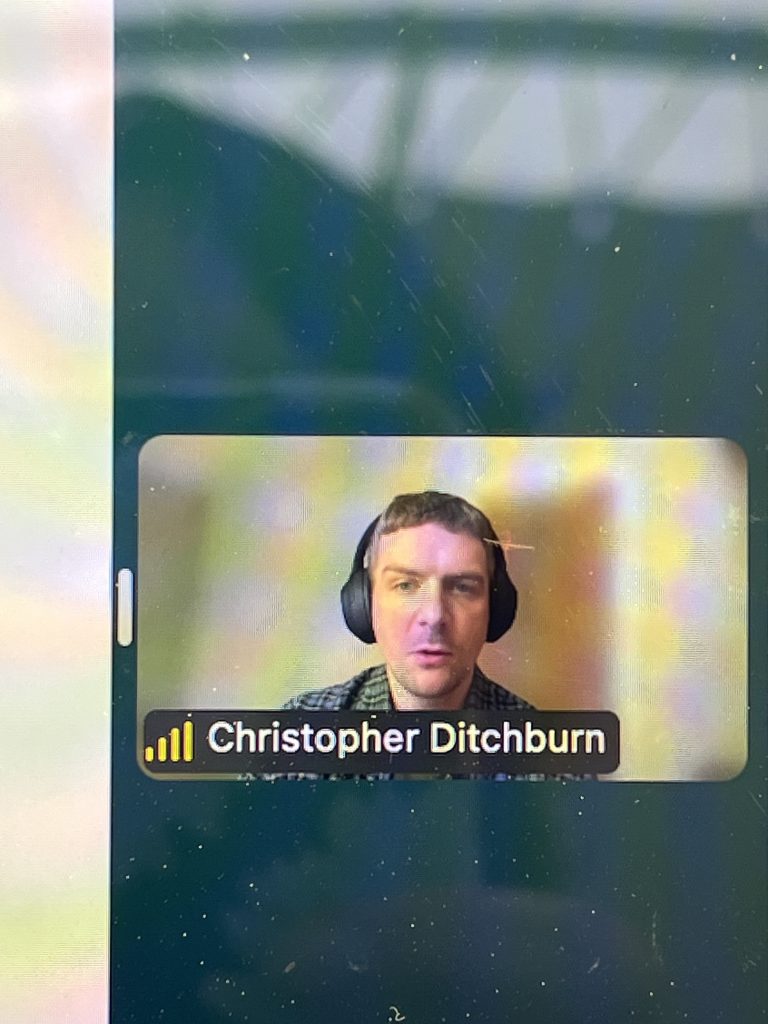
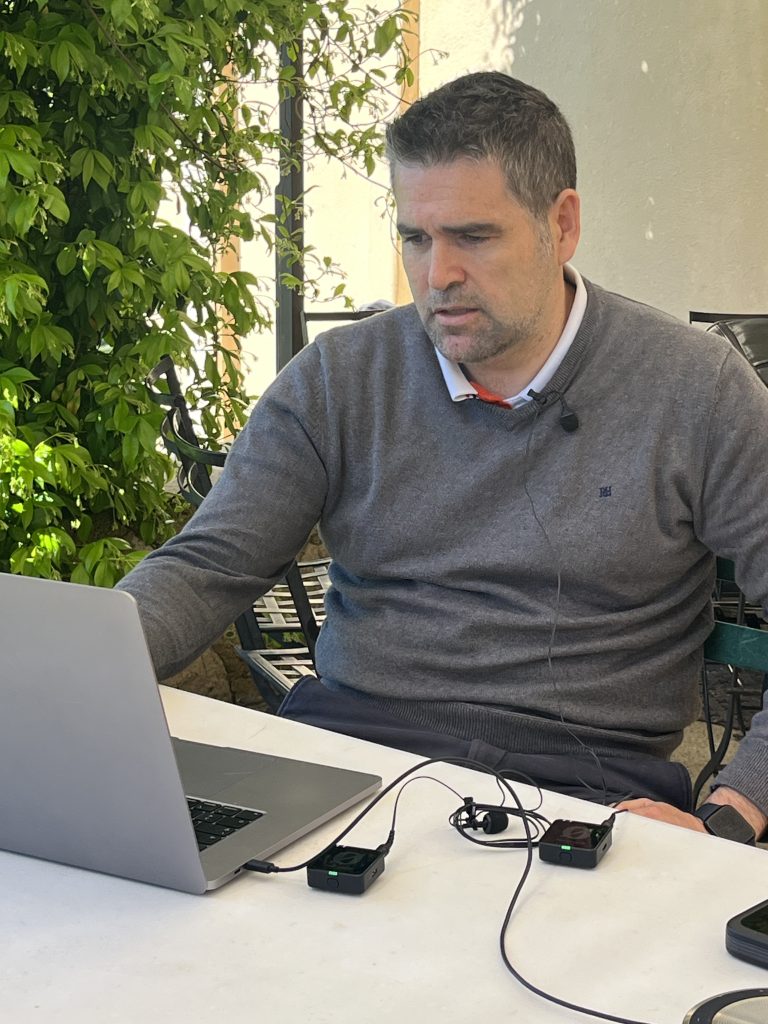
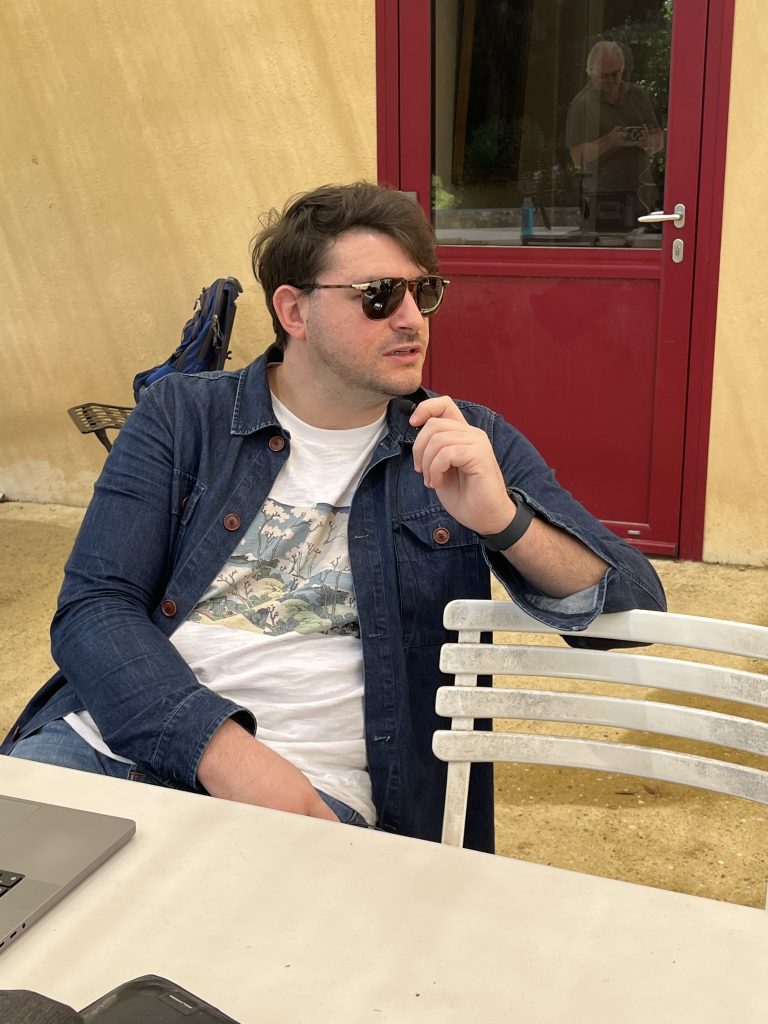
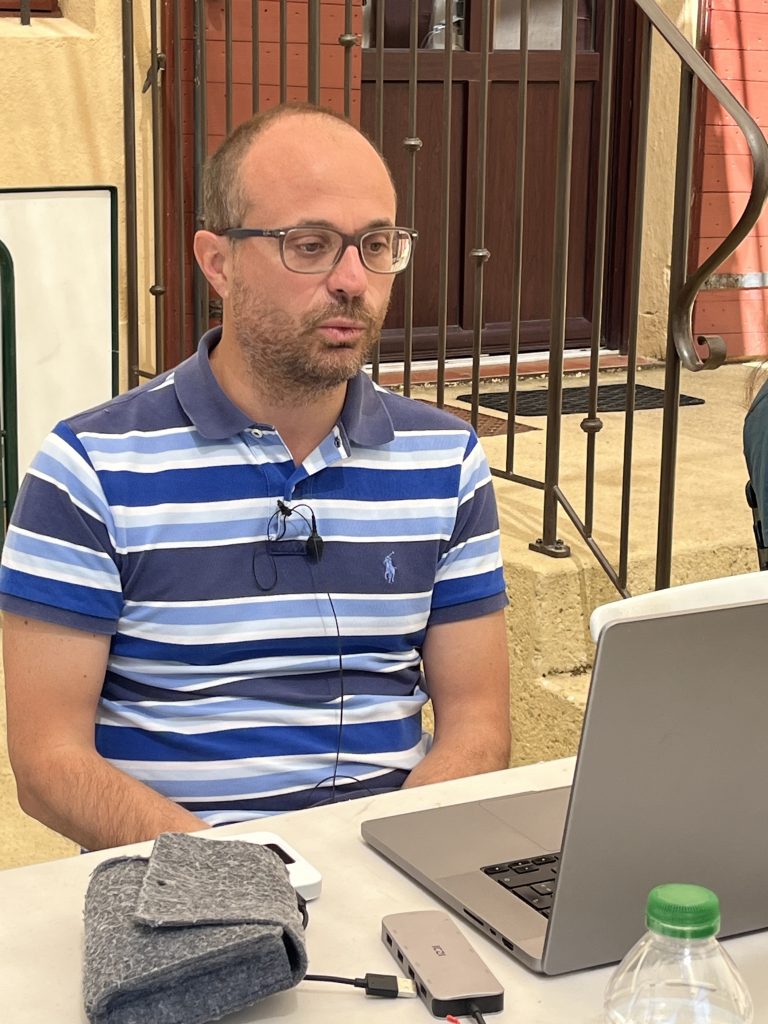
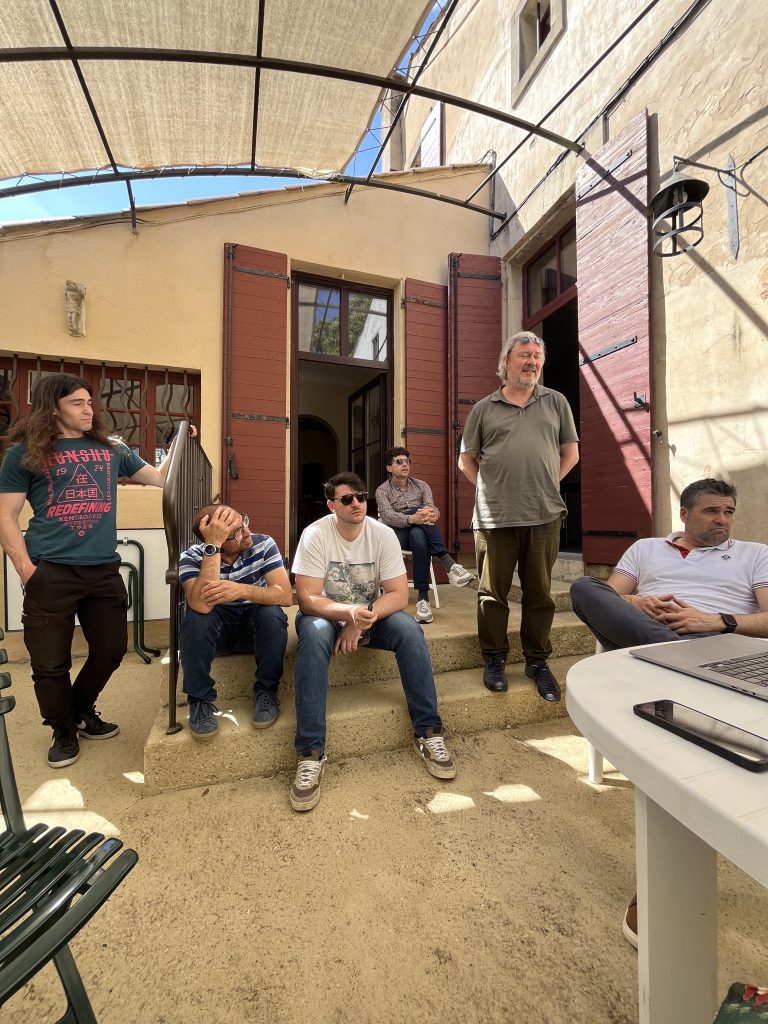
Over the course of two days, representatives from leading academic and technical institutions—including UJA, ICCMU, POLIMI, VISTCO, ODRATEK, and others—delivered updates across seven active work packages. Presentations covered everything from the ongoing development of the digital infrastructure to metadata processing, platform integration, and the design of tools that support scholarly, pedagogical, and artistic engagement.
Particularly notable were the forward-looking discussions in WP6, where partners reviewed next steps in AI-assisted sound processing, as well as in WP5, where core technologies underwent structured testing in dedicated sessions. These pilot tests play a crucial role in validating the project’s technological robustness and user orientation.
Ethics, Funding, and Future Planning
In parallel, ethical considerations—essential to any digital humanities initiative—were addressed by Dr. Javier Valls Prieto (University of Granada), ensuring that the project’s outputs remain culturally sensitive and responsible. Financial updates, administrative planning, and future funding opportunities were also shared, fostering transparency and sustainability.
To align partners on the months ahead, a dedicated session outlined the calendar of tasks, deliverables, and reporting duties through the lens of Objectives and Key Results (OKRs), reinforcing the collaborative and impact-driven ethos of REPERTORIUM.
Conclusion: A Vision Shared
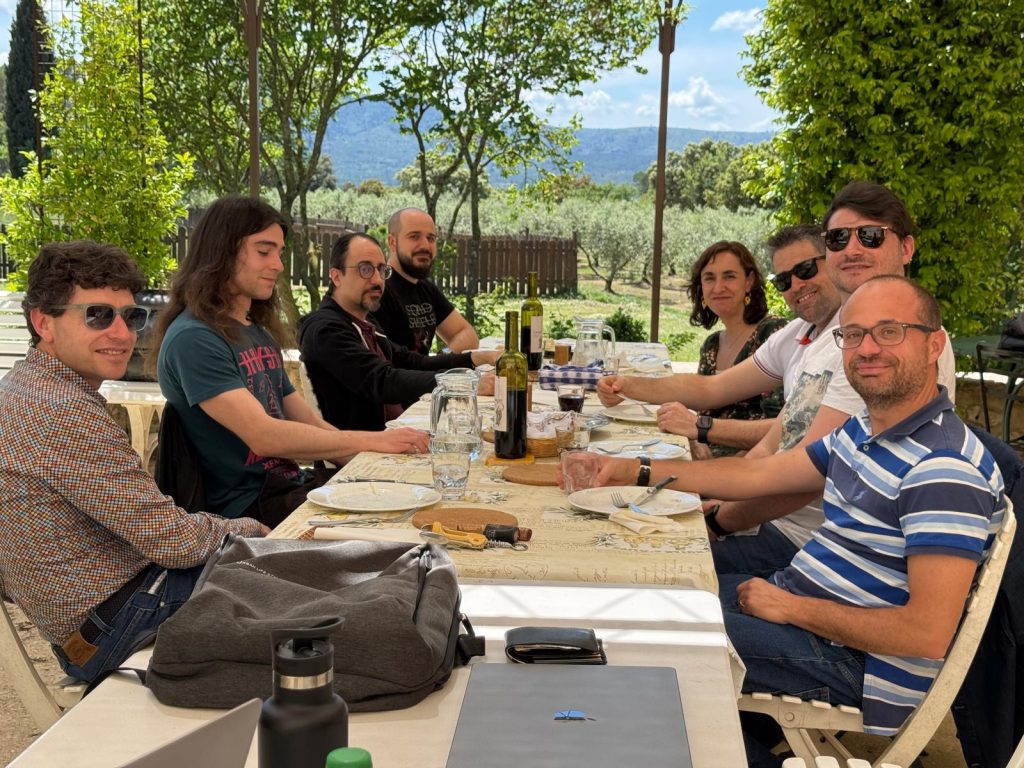
As the General Assembly concluded with consortium photographs and a shared dinner, what resonated most was the sense of common purpose: to safeguard and disseminate Europe’s rich musical legacy using contemporary tools, and to ensure this heritage remains alive, accessible, and relevant to scholars, musicians, and audiences across borders.
With technological innovation advancing in tandem with musicological expertise, REPERTORIUM is not only building a platform—it is cultivating a future where music history and digital futures harmonize.





